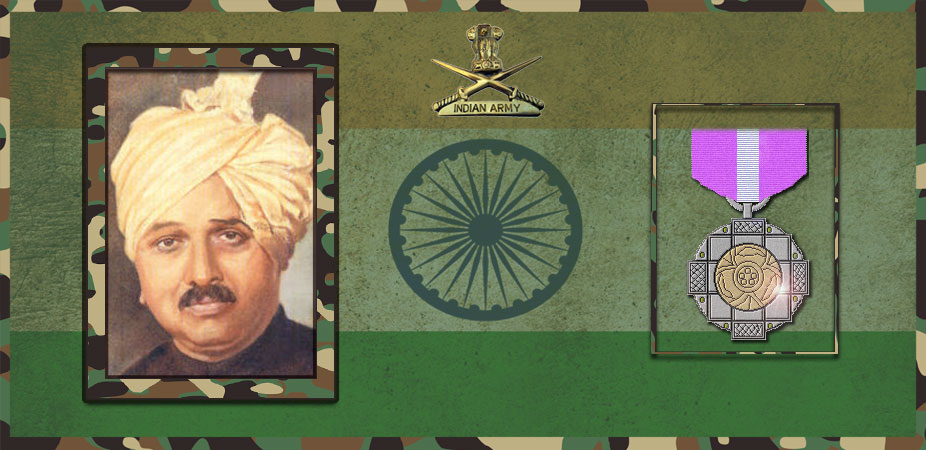Let's salute to our Indian Army together, We are proud to be Indian.
Let's salute to our Indian Army together, We are proud to be Indian.

Vinayak Narayan Patwardhan (Marathi: विनायक नारायण पटवर्धन) (22 July 1898 – 23 August 1975), also known as Pandit Vinayakrao Patwardhan and Patwardhanbuwa, is an Indian vocalist of Gwaliar-genre of Hindustani classical music
Uncle Keshav Rao Koratkar was his first music teacher. In 1907, he went to Gandharva Mahavidyalaya at Lahore, where he was taught by Vishnu Digambar Paluskar. Paluskar’s mission had been to set up music schools for boys from respectable families to combat the stereotype that musicians were immoral pleasure seekers. Vinayak studied at one of these schools. The development of these schools helped legitimize music as a career and an art form.
Paluskar wanted his disciples to follow his example and uphold the importance of music and musicians. Vinayakrao carried out these wishes and accepted teaching assignments at the various branches of the school, including those in Bombay, Nagpur and Lahore. Vinayakrao’s high-pitched voice was popular with the masses, and specifically caught the attention of actor/singer Balgandharva. On one occasion, the Gwalior veteran Ramkrishna Buwa Vazhe offered a challenge to singers in Pune. Vinayakrao accepted this challenge and proceeded to learn complex ragas from Vazhe.
In the late 1940s, when Bhimsen Joshi was searching for a teacher, he met Vinayakrao in Jalandhar. Vinayakrao advised him to learn from Sawai Gandharva. Later, Patwardhan took up roles in Marathi musicals and was perhaps the first classical vocalist to have sung for a film.
Heeding his teacher’s admonition, Vinayak went to Pune and established his own branch of the Gandharva Mahavidyalaya. Despite his young age, he had decided to dedicate himself to teaching music and ignored the lure of drama and film.
Vinayak trained disciples who became famous as teachers and singers including his guru’s son, D.V. Paluskar.
He was awarded the Padma Bhushan award in 1972 by the President of India. He led the Indian cultural delegation to the USSR and other countries.
The Film & TV Institute of India supported a documentary on him by Aruna Raje.